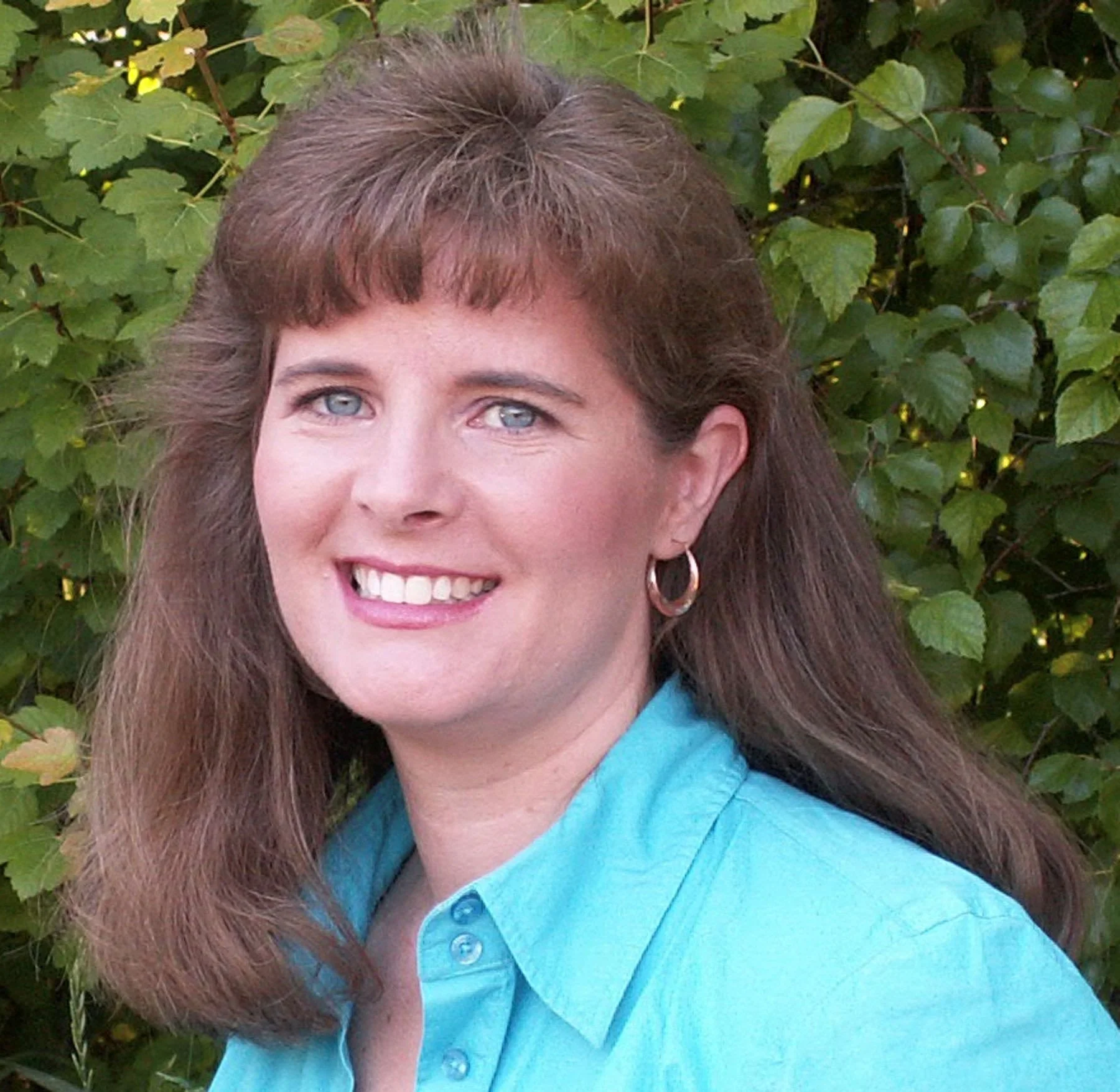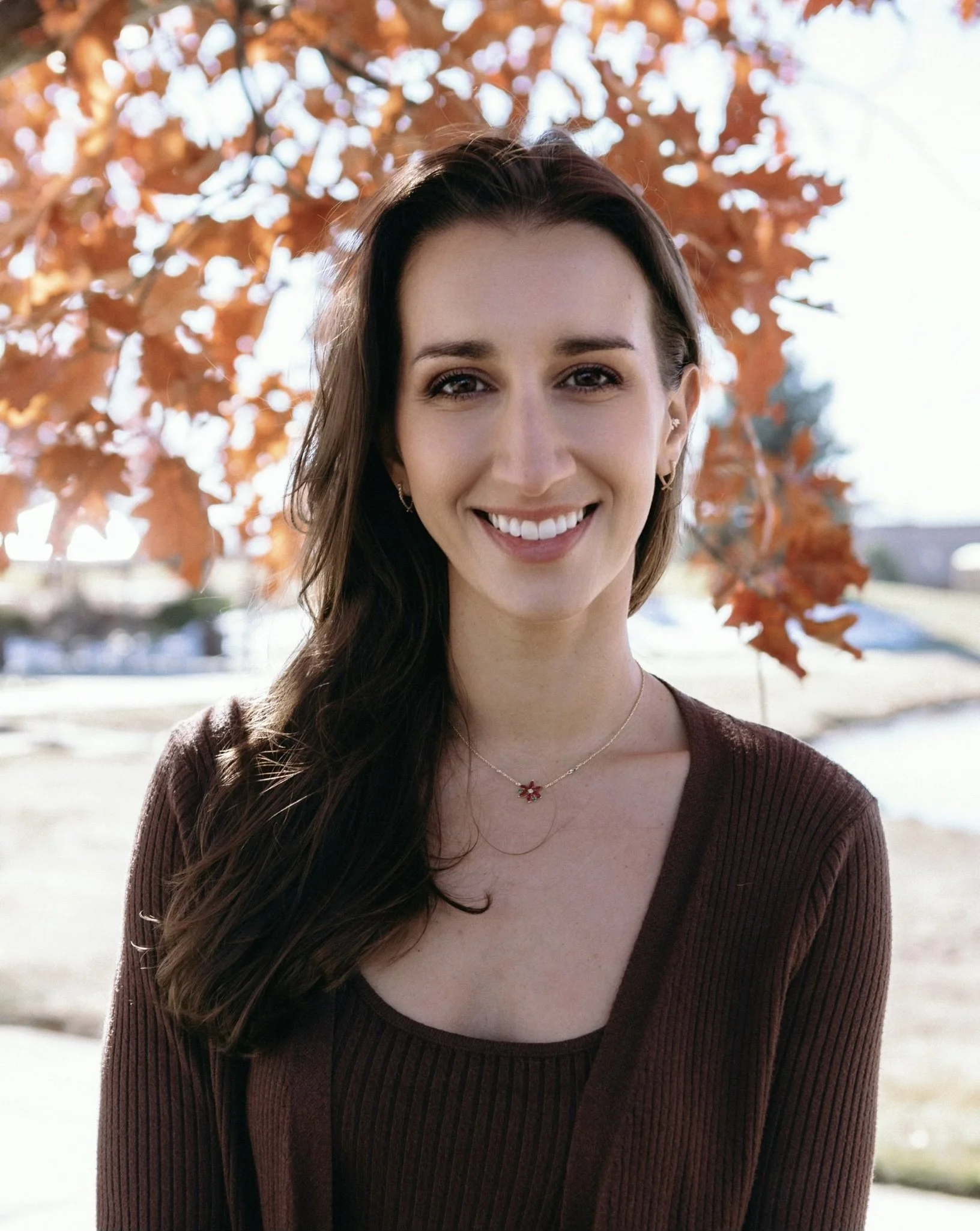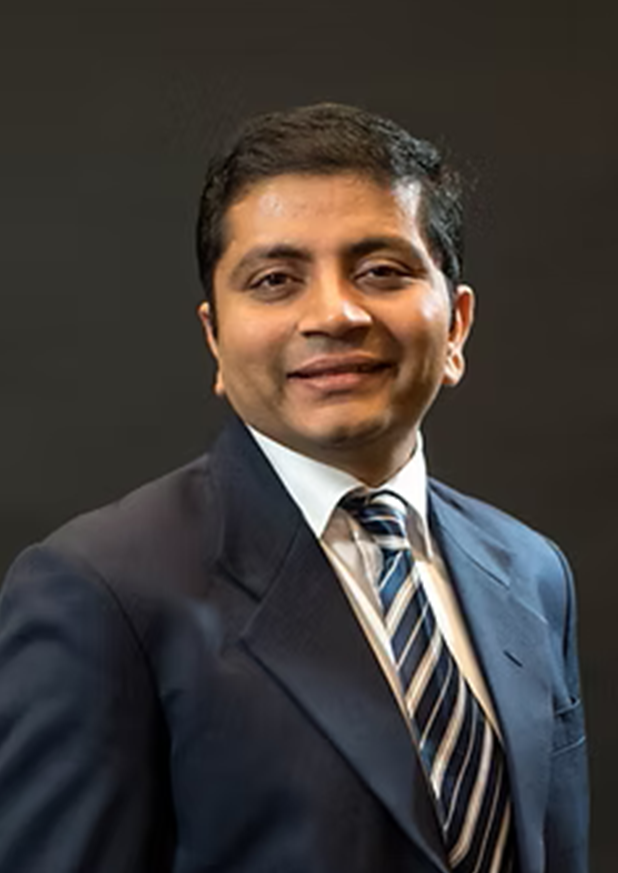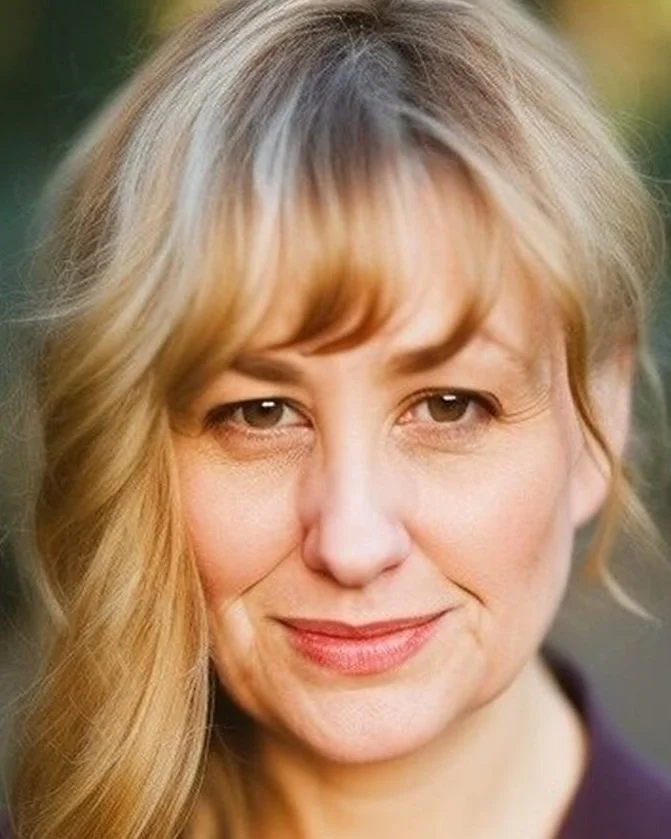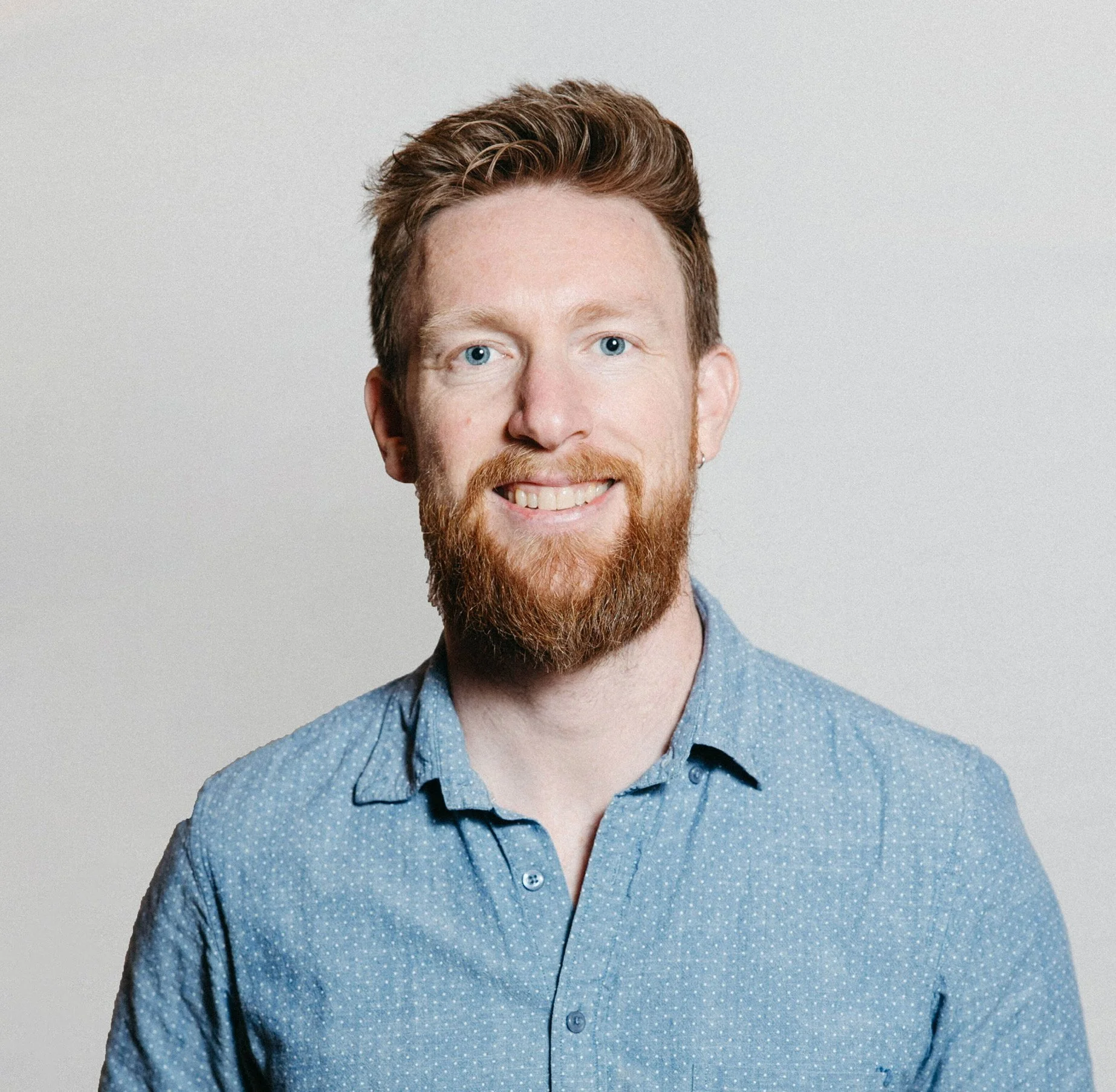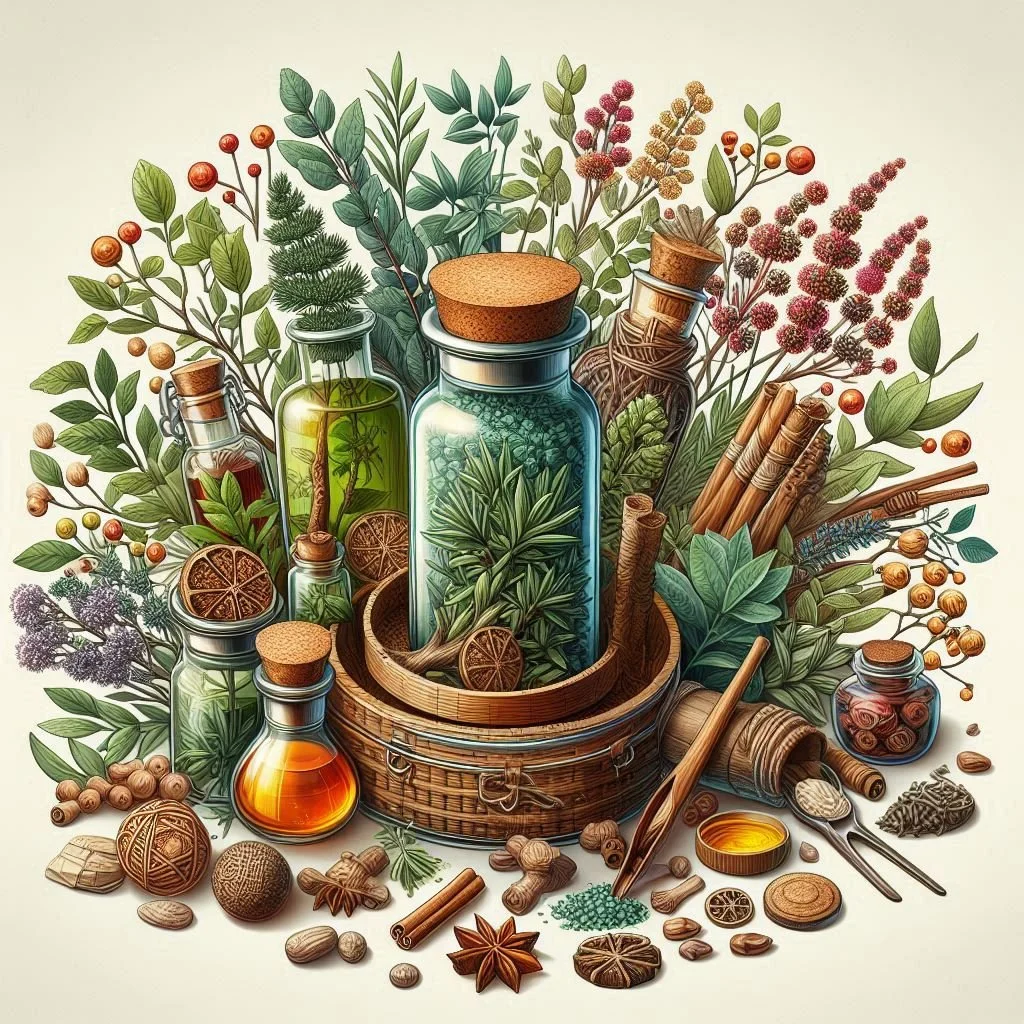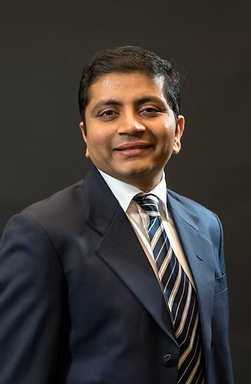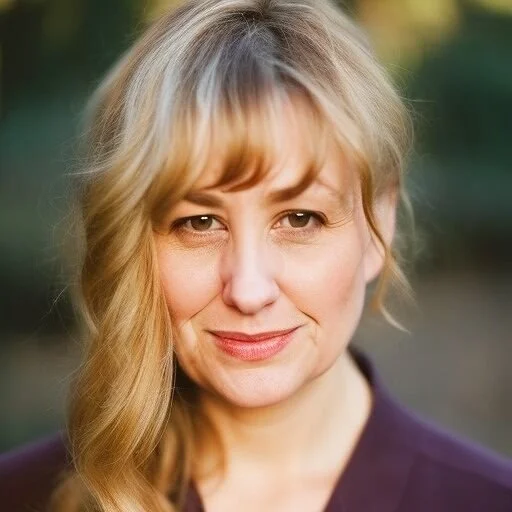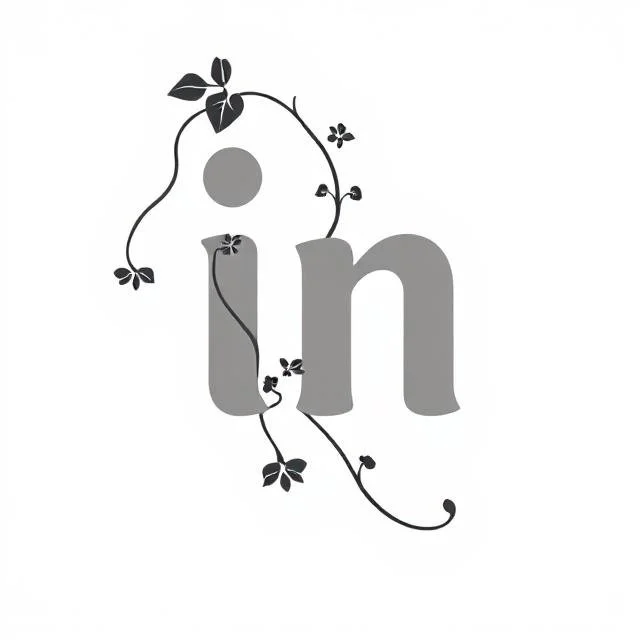Elevate your education: Experience the PhytoCann Summit in person.
We have shut down the February conference and are looking to do some digital content to grow toward a in person conference.
The Roots of Reform: How Parents and Data Helped Cannabis Gain Medical Legitimacy
Sasha Kalcheff-Korn
This talk explores how a determined community of parents, caregivers, and advocates changed the trajectory of cannabis policy and perception, one story and one data point at a time. Representing over a decade of work from Realm of Caring, this session highlights the grassroots origins of cannabis reform through the lens of pediatric use, quality-of-life improvements, and real-world outcomes.
We’ll examine longitudinal anecdotal and peer-reviewed data collected by Realm of Caring in their partnership with Johns Hopkins University, focusing on how cannabinoid therapies (particularly CBD) have impacted symptoms like seizures, anxiety, pain, and sleep disturbances. Learn how patient-led research has helped to uncover insights into long-term safety, establish clinical relevance, and inform today’s best practices for thoughtful cannabis integration. Together, we’ll reflect on the power of purpose-driven data and how it shapes a future of safer, more effective, and more compassionate care.
Key Takeaways:
● Patient and caregiver advocacy has been the true catalyst for cannabis reform and integration.
● Real-world data and lived experience are essential to understanding long-term safety and efficacy.
● Thoughtful cannabis integration starts with individualized care, quality ingredients, and trusted guidance.
Biography
Having dedicated 13 years to nonprofit work, Sasha Kalcheff-Korn has focused her career on improving the well-being of others through education, advocacy, and research. As the Executive Director of Realm of Caring, she leads efforts to advance cannabis research, break stigmas through education, and empower individuals and families to take control of their health.
Realm of Caring’s science-backed approach has impacted over 100,000 lives worldwide, particularly those living with chronic conditions. The organization plays a pivotal role in cannabis research, publishing data from its Observational Research Registry, the largest prospective epidemiological survey of cannabinoid users in the U.S. Since its founding in 2013, Realm of Caring has gained invaluable insights through IRB-approved studies and its free call center, examining the long-term effects of cannabinoid therapy.
A passionate advocate for informed patient choice and policy reform, Sasha regularly speaks at conferences and leads discussions on the intersection of cannabis, healthcare, and research.
Formulating With Aromatherapy Essential Oils And Other Difficult Phyto-Actives
Annette Davis, CN
Presentation summary
While essential oils and other phyto-actives are exceptional ingredients to include in personal care products and dietary supplements, their unique chemistry presents many formulating challenges. Without the necessary expertise, well-intentioned essential oil blends can cause personal care products to separate or irritate and sensitize the skin. Well-meaning oral preparations can cause GI irritation or even toxicity. This presentation will review the rationale behind including essential oils and other challenging phyto-actives in various formulations. It will also draw on over thirty years of Annette’s formulating experience, offering valuable tips to help avoid aromatherapy compounding disasters.
Workshop summary
This workshop will offer practical hands-on experience formulating a safe and stable pain lotion with essential oils, hemp oil, and CBD. Participants will bottle and take home a sample of the lotion they helped to create.
Key takeaways:
● Describe how the unique chemical properties of essential oils lead to formulation difficulties.
● Identify a common formulation error when incorporating essential oils into products such as lotions.
● Identify a key safety risk when incorporating essential oils into dietary supplements.
Biography
Annette is a Certified Clinical Nutritionist with over 30 years of aromatherapy experience. She currently serves as the president of the National Association for Holistic Aromatherapy (NAHA). Annette has studied under Jean Claude Lapraz, MD, since 1989. Dr. Lapraz is a French Medical Doctor and world-renowned pioneer in the field of clinical phyto-aromatherapy. Annette was a co-founder of the Endobiogenic Integrative Medical Center (EIMC) located in Pocatello, Idaho, where she enjoys helping patients regain their health holistically. She is also the president and formulator for Time Laboratories, a longtime, well-respected natural products manufacturer founded by her Grandmother, Annemarie Buhler, in 1973. She enjoys researching medicinal plants and formulating research-based aromatherapy products and dietary supplements.
Science or Spin? Finding Balance in Botanical Sourcing
Benjamin LeVine Nahar, MSc
Presentation Summary
In this presentation and workshop, we’ll take a deep dive into what it takes to source quality botanical extracts. We’ll explore diverse topics, including constituent standardization versus full-spectrum, the pros and cons of different extraction techniques, the importance of geo-authenticity (Di Tao), and how to avoid the many pitfalls of the herb industry. We’ll cover top herbs, like turmeric, ashwagandha, and medicinal mushrooms, and also take a look at rising stars like kanna and saffron. By the end, you’ll be a confident formulator who knows how to source truly functional herbs with integrity, curiosity, and real results!
Key takeaways:
● Select the correct type of botanical extract for your project.
● Separate herbal science from industry spin.
● Understand functionality on multiple levels.
● Source with sustainability in mind.
Biography
Benjamin LeVine Nahar offers product development, sourcing, & herbal education for the natural products industry through his company Nahar Herbalism. His vision: innovation grounded in modern phytochemistry, sustainable agriculture, and traditional herbal knowledge. Benjamin holds a Master of Science in Clinical Herbalism from Maryland University of Integrative Health and is an alumnus of the Colorado School of Clinical Herbalism. He began his career sourcing 10 million pounds of botanicals a year at Celestial Seasonings, and later co-founded Rasa, a leading adaptogenic coffee alternative brand.
Future-Proofing Herbs: Why Sustainable, Ethical, Botanical Supply Chains Matter in the Age of Climate Change
Erin Smith, MSc, Clinical Herbalist
Presentation Summary
As a multi-billion-dollar sector, herbal products are booming—and so are the risks of unsustainable sourcing. Where should brands and practitioners start, and how do you separate greenwashing from real progress? This talk maps today’s sustainability hotspots in botanical sourcing, defines what ethical sourcing truly entails for people, plants, and the earth, and why it’s important for companies and practitioners to invest in sustainability. You’ll leave with a clearer understanding of sustainability issues facing the herbal industry and the top questions to help evaluate if your source is truly responsible and ethical.
Key takeaways
● Identify the top sustainability issues facing the herbal products industry.
● Explain ethical sourcing using three categories of impact: People, Plants, and Earth.
● Use a focused set of questions to evaluate your supply chain and pinpoint the highest-impact improvements.
Biography
With over three decades of hands-on experience in the herbal and natural products sector, Erin Smith brings specialized expertise in herbalism, botanical science, formulation, regulatory compliance, and sustainable sourcing to help brands thrive in today’s competitive marketplace. Erin partners with herbal product companies, ingredient suppliers, and manufacturers to develop innovative formulations, develop and implement sustainability initiatives, navigate complex regulatory landscapes, and create authentic educational content that resonates with consumers. A trusted industry authority, Erin currently serves on the Board of the American Herbal Products Association (AHPA) and chairs its Sustainability Committee. She holds advisory positions with the Sustainable Herbs Initiative and American Herbal Pharmacopoeia. Erin brings a rare combination of traditional herbal knowledge and scientific rigor to her consulting work. Her credentials include an MSc in Ethnobotany with Distinction from the University of Kent, certification as a Clinical Herbalist, and scholarly work as a Scholar in Residence at Oxford University in Medical Anthropology. This academic foundation complements her practical natural product industry experience. For herbal businesses seeking strategic guidance on product development, sustainability and social impact, regulatory compliance, or educational content creation, Erin offers tailored solutions that honor herbal traditions while meeting modern market demands. She specializes in supporting small and midsize companies, providing boutique-level expertise that helps businesses compete effectively while maintaining authenticity and compliance in today’s complex natural products marketplace.
Authenticity and Conservation in the Medicinal Plant Trade: A Focus on Cannabis and Frankincense
Prabodh Satyal, PhD, Erin Smith, MSc, Clinical Herbalist, and Kelly Ablard, PhD, BSc, MSc
Workshop Summary
This three-hour workshop explores the sustainability challenges facing medicinal plants used in co-formulations, with a focus on Cannabis species and key Frankincense (Boswellia) species, both of which are utilized within the cannabis, herbalism, and aromatherapy industries.
Participants will examine issues relevant to opaque supply chains, including taxonomic inconsistencies, a lack of awareness of IUCN Red List conservation statuses and CITES regulations, the distinction between cultivated and wild populations, variations in harvesting methods, and inadequate quality control.
Given the high adulteration rates in Frankincense oil, quality control in this respect will be highlighted through the examination of chemical profiles of Frankincense essential oils, resins, extracts (e.g., CO2), and hydrolats, as well as boswellic acid. Cannabis terpenes and authentication will also be explored.
The role of blockchain technology in creating transparency in the Cannabis and Frankincense trade is highlighted, while contrasting this modern technology with stories of Indigenous connections to these plants over thousands of years.
The workshop will provide solution points for the Cannabis industry and those interested in sourcing Frankincense resins and extracts, within the framework of environmental, cultural, social, and economic sustainability, helping to clear pathways toward ethical and resilient botanical supply chains.
Decoding the Chemistry of Frankincense: Species Identification and Adulteration Pathways
Dr. Prabodh Satyal
Presentation Summary
Frankincense has been revered for centuries for its medicinal, spiritual, and aromatic value, yet the market faces persistent challenges of species misidentification, adulteration, and inconsistent chemical profiles. This presentation maps the chemistry of key *Boswellia* species, showing how compositional markers distinguish B. serrata, B. carterii, B. frereana, B sacra, B papyrifera, B dalzellii, B neglecta, B rivae, and others. Drawing on thousands of frankincense essential oil analyses, Dr. Satyal will highlight common adulteration pathways, including synthetic additions, resin blending, and geographic mislabeling. Attendees will learn practical detection strategies using targeted GC-MS libraries, boswellic acids, chiral GC-MS to resolve enantiomeric ratios of key terpenes, and chemotaxonomic clustering to validate species and origin claims. The session connects historical use with modern quality control, outlining sampling, data interpretation, and decision frameworks for purchasing and product development. Participants will leave with clear, actionable steps to evaluate authenticity, reduce risk, and communicate evidence-based findings with clinicians, formulators, and consumers.
Key takeaways:
● Differentiate major frankincense species using defining chemical markers and profiles.
● Identify common adulteration pathways (synthetic additions, resin blending, mislabeling) and their impact.
● Apply analytical tools targeted GC-MS libraries, boswellic acids, chiral GC-MS, and chemotaxonomic clustering for species verification and adulteration detection.
● Implement best-practice sourcing and QA workflows to safeguard authenticity for clinical, aromatic, and product-development use.
Biography
Dr. Prabodh Satyal is originally from Nepal where he worked as a lecturer in organic chemistry at Kathmandu University. He has studied the chemical composition of more than 10,000 essential oils from various parts of the world, and has published more than 100 research articles in peer-reviewed journals. He is the Chief Scientific Officer at the Aromatic Plant Research Center in Utah.
Navigating the Complexities of Sourcing Fragile and Trade-Protected Species
Kelly Ablard, PhD, BSc, MSc
Presentation Summary
Learn how to navigate fragile and trade-protected species used in co-formulations and quality control considerations.
Biography
Kelly Ablard, PhD (Biology), BSc (Biology, cum laude), MSc (Conservation), is the Founder and CEO of Airmid Institute, a 501(c)(3) nonprofit dedicated to the global education, research, sustainable, and traditional use of medicinal and aromatic plants (MAPs). Her evidence-based research spans conservation biology, genetics, evolutionary biology, behavioral ecology, ethnomedicine, and chemical communication, with fieldwork conducted across the globe. Her work has been highlighted by Canadian Geographic and the British Broadcasting Corporation (BBC). Kelly has presented extensively across North and South America, Europe, and Asia, giving over 58 presentations in countries including South Korea, Peru, the Netherlands, England, Scotland, Indonesia, Canada, Türkiye, Greece, Germany, and the USA, and has published many peer-reviewed articles. She served for many years as a Community Scientist with Science World in British Columbia, founded the Urban Apothecary Learning Garden at Vancouver Community College, and developed the college’s first urban sustainability program. She continues to collaborate on conservation initiatives with the Peruvian Shipibo on their MAP Rosewood (Aniba rosaeodora) and with the National University of Tumbes, Peru, on the reforestation of Palo Santo. (Bursera graveolens), while providing education to strengthen opaque botanical supply chains, such as the Frankincense (Boswellia spp.) supply chain. In recognition of her contributions, Kelly was named an Outstanding Alumnus by the Simon Fraser University Department of Biological Sciences in 2022 and received the 2024 Outstanding Achievement Award from the Alliance of International Aromatherapists. She is also a Fellow of the International Clinical Aromatherapy Network (ICAN) and a Director on the Aromatic Quality Appraisal Taskforce (ARQAT). She is the co-author of the children’s book No Place for Plants.


